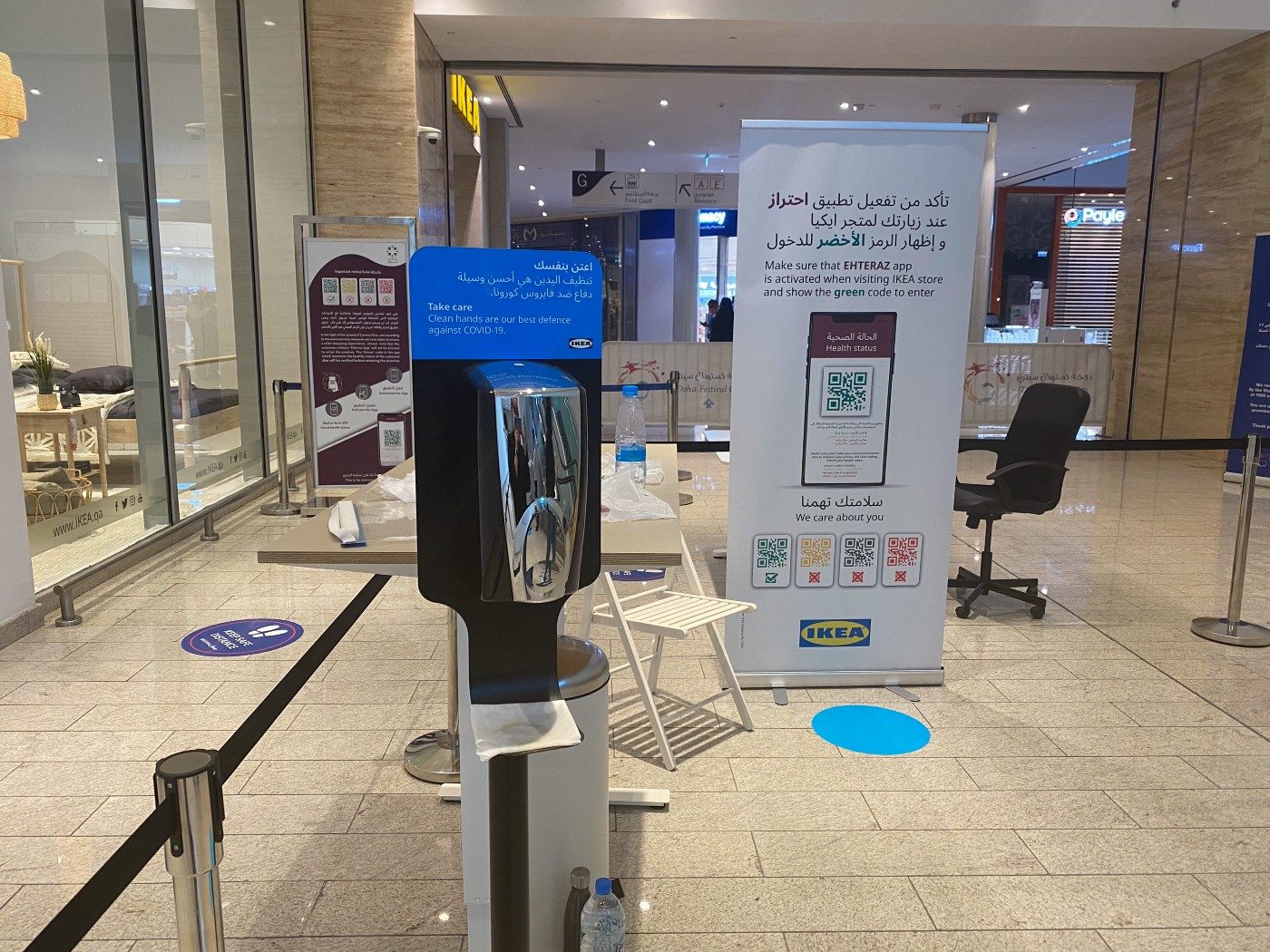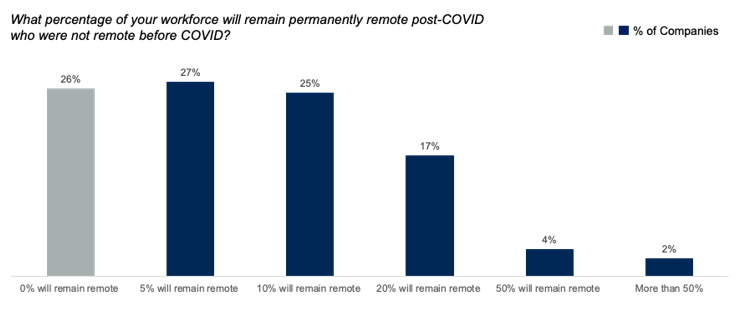By Menatalla Ibrahim
This week Qatar began phase one of easing the lockdown; after enduring over two months of closed shops malls, mosques, schools as well as the suspension of all sports activity, going back to normal might seem weird or even unfamiliar to many. Most people have been working from home and practicing self-isolation, eagerly checking the news every day for a ray of hope that things might gradually return to normal. But after the impact the pandemic has had on society, can we go back to normal? And what will this normal life look like?
The coronavirus has impacted almost every aspect of day-to-day life globally, and Qatar is no exception. In January alone, more than 418 companies closed their doors, in addition to many people being laid off due to financial difficulties. However, despite the efforts of upholding social distancing guidelines, remote working and sanitisation, the number of COVID-19 cases in Qatar has only started reducing slightly in recent days.
According to the Qatari Ministry of Public Health, the number of infected people has reached 85462 as of Friday June 19th. In truth, Qatar has never seen something like COVID-19, and as the nation begins strategies to slowly return to a semblance of normality, we have to take a serious look ahead at what this new, post-pandemic life might be like.

Social Interactions:
We have been practicing social distancing and self-isolation for months, avoiding touching surfaces, wearing masks and gloves in public, and monitoring our health to make sure we are safe and healthy. Physical greetings that were once deemed polite and friendly in our culture are now a life-threatening act, and have been replaced by flying air kisses and shoe claps. The transition has been difficult to manage for some. “The loss of contact is very hard,” said Farah Gomaa, a university student. “Whenever I see someone I know, the first thing that comes to my mind is to hug them, but I know I can’t cross that line anymore. I can’t imagine a life where there’s no physical contact, so I am just waiting for this to be over.”
Now that we are taking the first steps towards recovery, will we maintain such newly formed habits, or will the old normality quickly kick in?
“Till we find a vaccine, all those ingrained habits and social norms of greetings have to stop. It will be hard at first, especially that physical contact is very common in Arab culture,” Dr. Abeer Eissa, Consultant Psychiatrist at Al Ahli Hospital told Doha News. “Communication will be complicated, and the way we connect with each other will definitely change so we can stay as safe as we can.”
However, if the much anticipated Coronavirus vaccine emerges, how long will it take for us to get back to usual habits, and what will the process look like?
“It’s very likely that people will adjust to the change quickly,” Dr. Eissa believes. “A lot of people are already getting tired of social distancing, so the practices we’ve partaken in since birth will most likely come back eventually.”
Dr. Eissa said that even though many are waiting for normal social interaction, people’s behaviours will depend on what they went through during the pandemic, and their mental health history.
“Many people were forced to change their social life. Others were psychologically affected by the overwhelming news and anxiety caused by the pandemic. Because of that, some might take a longer time to adjust than others”.
The revival of the economy:
The global pandemic has taken a toll on Qatar’s economy. Many big corporations are laying off a substantial number of employees, and many more have been forced to shut down until further notice. According to KPMG’s Potential Impact of COVID-19 on the Qatar Economy, the country “will certainly witness a significant reduction in the demand for its hydrocarbons. OPEC expects the demand for its crude to drop to its lowest in 30 years.”
“This pandemic hit Qatar, or even the world, both from the supply side because a lot of people were not able to go to work, and then you have a demand-side in which is caused because people stopped going to shops, restaurants and so on,” says Agustin Indaco, an assistant professor of Economics at Carnegie Mellon University in Qatar. “The longer these measures [partial lockdown] last, the harder it will be for the economy to look like before.”
Qatar experienced an economic downturn just three years ago when several countries imposed an illegal blockade on the Gulf state. It drastically affected the economy, but Qatar did not take long to bounce back. How the impact of COVID-19 will compare with to major events in the long term is yet to be seen.
“COVID-19 is a once in a lifetime crisis both for Qatar and the world. A lot of that has to do with the fact that this is not a typical economic crisis that is being organically generated within the economy,” says Indaco. “
However, the good news is Qatar’s rapid response to the crisis might help swiftly revive the economy when the pandemic is over. Qatar’s Supreme Committee for Crisis Management has implemented several policies in order to help minimise the economic impact of the pandemic. In April, the government exempted many businesses and corporations from rent, water, electricity and other fees, varying from periods of three to six months.
“Qatar moved very quickly in response to the pandemic,” said Indaco. “It allowed businesses and companies not to completely fall [due to the crisis].”
If precautionary measures are followed, Qatar’s economy can make a full recovery, experts say.
Rethinking How We Conduct Business:
After months of working from home, and the advent of zoom conferencing, we have come to realise that communication can be streamlined to become much more effective. How we conduct business post-pandemic will certainly be different from what we are used to. COVID-19 has had a great impact on redefining people’s work routine, and though it is unclear if companies will turn this adaptation into permanent policy, we have all gained insight into what is possible. Could working from home become a permanent option?
According to a Gartner CFO Survey, nearly three quarters of CFOs plan to shift at least 5% of previously on-site employees to permanently remote positions, post-pandemic.

“This data is an example of the lasting impact the current coronavirus crisis will have on the way companies do business,” Alexander Bant, a finance expert told Doha News. “CFOs, already under pressure to tightly manage costs, clearly sense an opportunity to realise the cost benefits of a remote workforce. In fact, nearly a quarter of respondents said they will move at least 20% of their on-site employees to permanent remote positions.”
Education is another major sector that has been heavily impacted by the COVID crisis, with the move to virtual learning forcing many institutions to rethink the learning experience of their students. Agustin Indaco says that considering the transition to online learning and meetings seemed to be highly beneficial to many, consequently this might reshape the way we conduct education and business in the future. “The more we make these online classes, the more we find value in them. So maybe in the future, we might go back to a structure where half of the education is online and half is physical. I can also imagine that a lot of the conferences we did where everyone was traveling to a location, which was very expensive, will also move to online instead.”
The coronavirus pandemic has no real comparison in modern history. Though data from previous similar global events may be used to predict what the future holds, there are no accurate or clear answers to how life will look post-pandemic. What we know for sure is that these moments of crisis help us reshape how we view and prioritise life, and this pandemic will surely leave its mark on the way we all get along.







